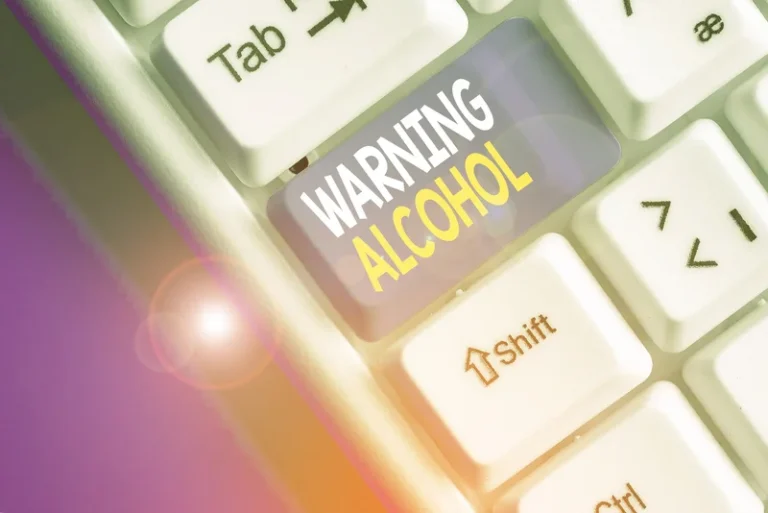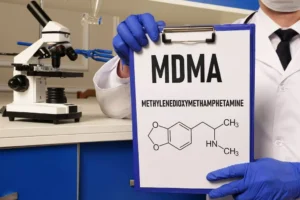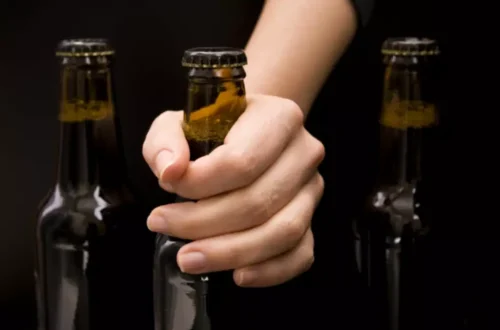Brain Scans Reveal Aging Patterns Based on Disease, Alcohol and Smoking

You may also want to consider taking a nap during the day if you are feeling particularly tired. This organ is responsible for filtering toxins from the blood and converting alcohol brain fog nutrients into energy. A rapidly growing email list that provides the highest quality FREE sober resources and tips to live an addiction-free life, without limits.
Stay on top of latest health news from Harvard Medical School.
To identify which foods are a problem for you, try an elimination diet. To solve the problem and prevent future brain fog symptoms, you must address the root cause. So if it is under-active, as is the case with hypothyroidism, all of the body’s processes slow down, including digestion and brain function. Addressing your stress is just as big a part of your recovery from autoimmune disease as the first three pillars of The Myers Way®. Brain fog feels like it takes hours to complete a 10-minute task or that you’re struggling to listen and comprehend what is being said in a meeting. Or, you constantly second-guess yourself about locking the door or turning off the stove because you truly can’t remember if you did.
Article Sources

A person should check themselves into an alcohol detox program and receive medication to wean themselves off drinks. While they are in the program, they should drink plenty of water and eat nutritious food. Therefore, it’s important to make getting quality sleep a priority to avoid more brain drain. Make sure that your bedroom is maximized for restful sleep by designating it for sleep and intimacy only. That means no computers or TV’s since they emit blue light, a known suppressor of melatonin production. Also, sleeping with an essential oil diffuser provides soothing aromas and low, rhythmic noise to help lull you to sleep.

Relieve Your Stress

Alcohol begins affecting a person’s brain as soon as it enters the bloodstream. In a healthy person, the liver quickly filters alcohol, helping the body get rid of the drug. However, when a person drinks to excess, the liver cannot filter the alcohol fast enough, and this triggers immediate changes in the brain. Alcohol affects the hippocampus, which helps create new memories, in your brain. This contributes to blackouts and short-term memory lapses when drinking.
- Our rehab directories tool makes it simple to find a rehab that meets you or your loved ones needs best by using different search criteria to accomplish that goal.
- However, when a person drinks to excess, the liver cannot filter the alcohol fast enough, and this triggers immediate changes in the brain.
- “If you want to predict progression from cognitively normal status to mild cognitive impairment, one [pattern] was the most predictive by far,” says Davatzikos.
- During acute and protracted withdrawal, a profound negative emotional state evolves, termed hyperkatifeia (hyper-kuh-TEE-fee-uh).
Generally, several days to a week is a good rule of thumb when quitting alcohol. It sounds simple, but a healthy exercise regime is not only essential for overall health but has significant benefits on cognitive function. Studies have even suggested that prolonged exercise may improve executive function and decrease compulsive behaviours in addiction-prone individuals (Costa et al., 2019). Even after you’ve embarked on the path to sobriety, the effects of alcohol on your brain can linger, manifesting as brain fog.
Plus, get a FREE copy of the Best Diets for Cognitive Fitness.

Brain fog, or mental fog, is often described as feeling mentally drained and unable to concentrate. Signs of brain fog include reduced cognitive functioning or difficulty with paying attention, keeping focus, multitasking, and memory recall. Alcohol-induced brain fog is a state of confusion, lack of focus and mental obscurity that can occur after drinking alcohol and during withdrawal.
- Generally, several days to a week is a good rule of thumb when quitting alcohol.
- Basically, dopamine is involved in almost every area of your thought and reward system.
- The Centers for Disease Control and Prevention recommends that women drink no more than one drink per day and men have no more than two drinks per day.
- This condition can happen as a symptom of an underlying condition, after an illness, or as a side effect of a medication.
This article will dive deeper into what brain fog is, how it’s related to alcohol, what the symptoms of it are, and much more. This condition can happen as a symptom of an underlying condition, after an illness, or as a side effect of a medication. Also, it is commonly experienced by females going through menopause and people having cancer treatment.

Treatment Options for Alcohol Addiction and Brain Fog
Alcohol is a powerful reinforcer in adolescents because the brain’s reward system is fully developed while the executive function system is not, and because there is a powerful social aspect to adolescent drinking. Brain fog from alcohol typically lasts for 8 to 24 hours after drinking. However, the time frame can be longer for people who regularly consume heavy amounts of alcohol and then stop drinking. Alcohol can also impair our cognition by affecting our diet and vitamin absorption. Alcohol is devoid of important proteins, minerals, and vitamins — and it actually inhibits the absorption and use of vital nutrients such as thiamine (vitamin B1), vitamin B12, folic acid, and zinc. Thiamine is particularly important, as it’s involved in the metabolism of proteins and fat and the formation of hemoglobin — a protein in red blood cells that carries oxygen to tissues throughout our body.
Your brain fog may also be another side effect of the symptoms that accompany withdrawal. For instance, insomnia might make it hard to think well during the day. Your doctor will take a past medical history and (possibly) do blood work, as well as ask you questions about your lifestyle to examine your habits around physical activity, diet, stress management, and sleep. To treat https://ecosoberhouse.com/ brain fog, it’s important to address any existing underlying medical conditions that may be impacting your cognitive function. It’s not unusual to experience brain fog after a night of drinking. In these cases, how quickly brain fog goes away depends on several factors, such as the severity of alcohol misuse, how long we’ve been drinking, and our overall health status.





